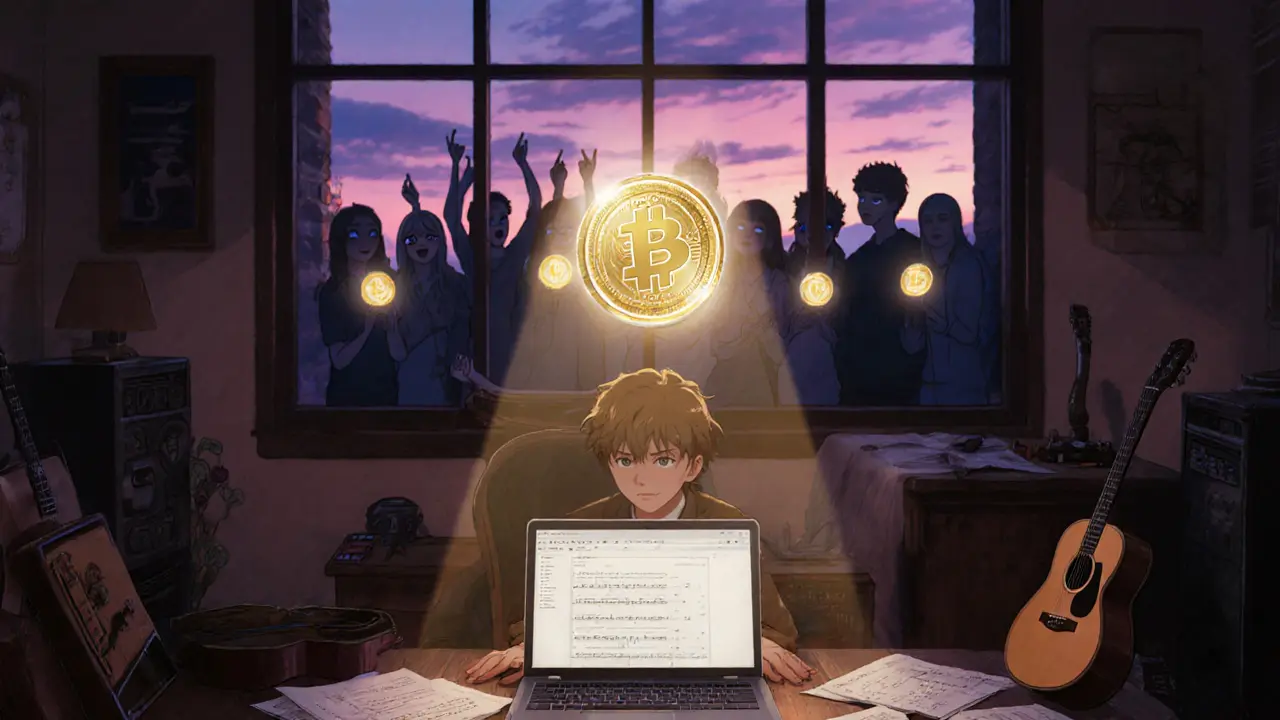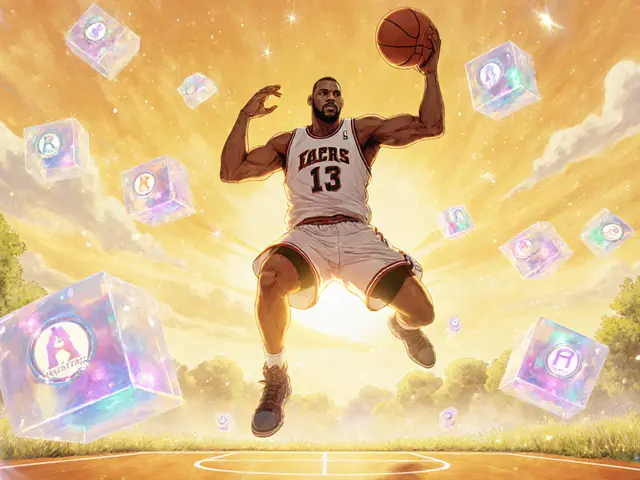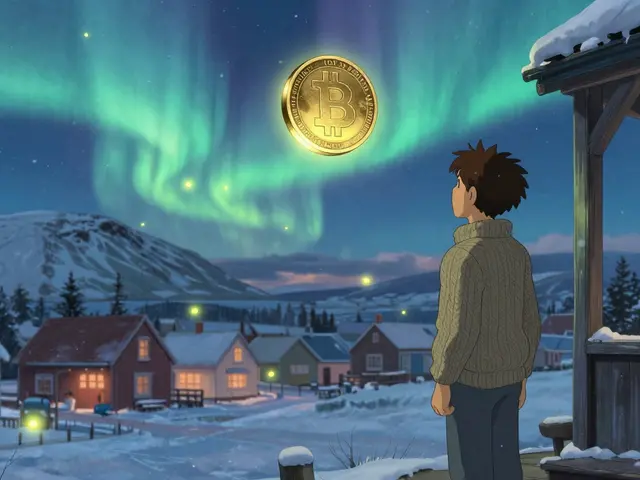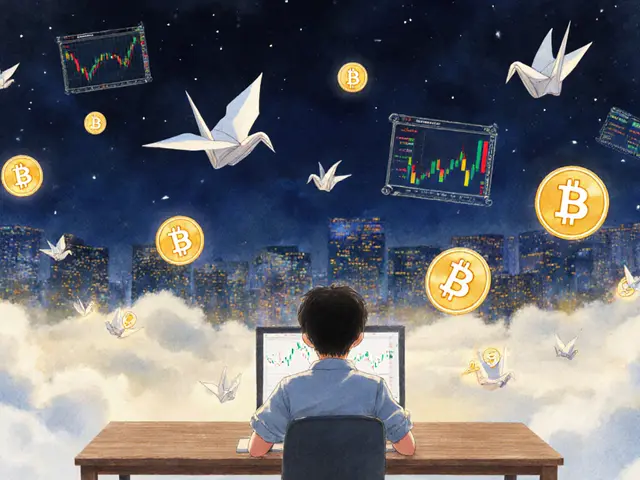Music NFTs: Trends, Opportunities & How They’re Changing the Music Industry
When talking about music NFTs, unique digital tokens that represent ownership of a music‑related asset on a blockchain. Also known as tokenized music, they let creators attach royalties, exclusive content, and verifiable scarcity to songs, albums, or concert tickets. NFTs, non‑fungible tokens that certify authenticity of digital items rely on blockchain, a distributed ledger that records every transaction in a tamper‑proof way. The technology also touches digital rights, legal ownership and usage permissions encoded in smart contracts, giving fans a verifiable proof of ownership and creators a new revenue channel. In short, music NFTs encompass digital collectibles, require blockchain infrastructure, and enable tokenized royalties for artists.
Because the core idea is tokenizing music, the ecosystem branches into several practical layers. First, marketplaces, online platforms where creators mint, list, and sell music NFTs like OpenSea, Rarible, or specialized services such as Catalog and Audius. These tools provide the minting process, metadata standards, and payment gateways, making it simple for a bedroom producer to launch a limited‑edition track. Second, the smart‑contract logic ties royalty splits directly to each resale, meaning every time a fan flips the token, a percentage flows back to the artist—this is the tokenized royalties model. Third, the fan experience expands beyond ownership; holders often get backstage passes, exclusive merch, or access to community events, turning a token into an experience ticket. All these pieces—marketplaces, royalty contracts, and fan perks—interact to create a loop where creators earn continuously and listeners gain tangible benefits.
Why Music NFTs Matter for Creators and Fans
The rise of music NFTs isn’t just hype; it solves real pain points. Traditional streaming pays fractions of a cent per stream, while NFTs let artists negotiate their own terms and capture value from scarcity. For fans, owning a token means a slice of the cultural moment—a collectible that can appreciate, be displayed in a digital wallet, or be used to unlock real‑world events. As more musicians experiment, we see cross‑industry collaborations with visual artists, game developers, and even DeFi platforms that stake music NFTs for yield. This convergence of art, finance, and community fuels a new kind of music economy where every stakeholder benefits. Below you’ll find a curated list of articles that dig deeper into the technical side, market analysis, and real‑world case studies, giving you a practical roadmap to navigate the world of music NFTs.
27
Music NFTs: Boosting Direct Fan Engagement for Artists
Explore how music NFTs let artists sell unique digital assets, earn higher revenue, and create exclusive fan experiences through platforms, royalties, and DAO governance.
Latest Posts
Popular Posts
Tags
- decentralized exchange
- crypto exchange
- crypto exchange review
- cryptocurrency
- crypto airdrop 2025
- CoinMarketCap airdrop
- blockchain
- meme cryptocurrency
- GENIUS Act
- cryptocurrency compliance
- crypto airdrop
- meme coin
- crypto trading
- fake crypto exchange
- Solana meme coin
- cryptocurrency valuation
- Binance Smart Chain
- underground crypto Nepal
- crypto airdrop guide
- crypto staking




